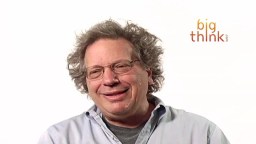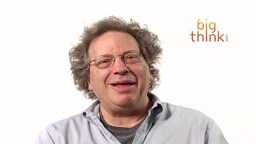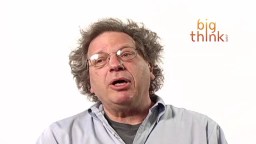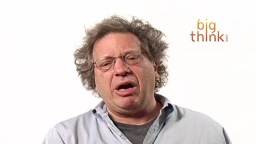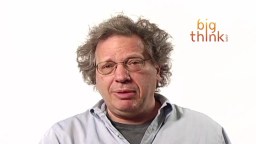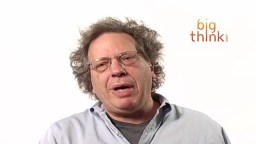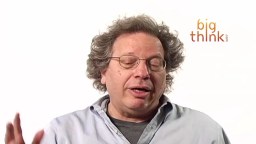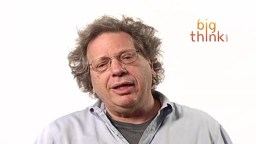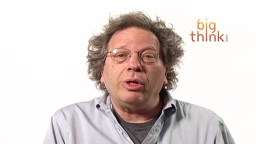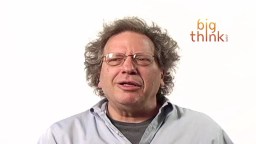Michael Wigler
Genetics Professor, Cold Spring Harbor Laboratory
Dr. Michael Wigler has made wide-ranging contributions to biomedical research in genetics, cancer, and cognitive disorders. Dr. Wigler attended Princeton University as an undergraduate, majoring in Mathematics, and Columbia University for graduate studies in Microbiology. After receiving his Ph.D., he began his scientific studies at Cold Spring Harbor Laboratory, where he continues his work to this day as an American Cancer Society Research Professor.
Early in his career, Dr. Wigler developed methods for engineering animal cells with his collaborators at Columbia University, Richard Axel and Saul Silverstein. These methods are the basis for many discoveries in genetics, and the means for producing medicines used to treat heart disease, cancer, and strokes. Dr. Wigler continued his genetic explorations, and in the early 1980s isolated the first human cancer genes. In the mid 80s, Dr. Wigler and his collaborators demonstrated conservation of cellular pathways in humans and yeast, thereby providing deep insights into the function of the cancer genes.
In the early 1990s, Drs. Wigler and Clark Still developed a method for building vast chemically indexed libraries of compounds, an approach that is still in use for drug discovery. During the same period, Wigler’s group developed the concept and applications of representational analysis, RDA, which led to identifying new cancer genes and viruses. He later enhanced this concept through use of microarrays, a method now widely used commercially for genetic typing.
Dr. Wigler’s research is presently focused on the genomics of cancer and genetic disorders. He expects this work will eventually improve the targeting of cancer treatment and lead to early detection tests for cancer. His studies in human genetics led to the discovery of a vast source of genetic variability known as copy number variation (CNV), and to the breakthrough that spontaneous germline mutation is likely to be a contributing factor in autism. His genetic theories and methods suggest to new approaches to understand many other cognitive and physical abnormalities.
For his fundamental contributions to biomedical research, Dr. Wigler is a recipient of numerous awards and honors and is a member of the National Academy of Science and the American Academy of Arts and Sciences.
Early in his career, Dr. Wigler developed methods for engineering animal cells with his collaborators at Columbia University, Richard Axel and Saul Silverstein. These methods are the basis for many discoveries in genetics, and the means for producing medicines used to treat heart disease, cancer, and strokes. Dr. Wigler continued his genetic explorations, and in the early 1980s isolated the first human cancer genes. In the mid 80s, Dr. Wigler and his collaborators demonstrated conservation of cellular pathways in humans and yeast, thereby providing deep insights into the function of the cancer genes.
In the early 1990s, Drs. Wigler and Clark Still developed a method for building vast chemically indexed libraries of compounds, an approach that is still in use for drug discovery. During the same period, Wigler’s group developed the concept and applications of representational analysis, RDA, which led to identifying new cancer genes and viruses. He later enhanced this concept through use of microarrays, a method now widely used commercially for genetic typing.
Dr. Wigler’s research is presently focused on the genomics of cancer and genetic disorders. He expects this work will eventually improve the targeting of cancer treatment and lead to early detection tests for cancer. His studies in human genetics led to the discovery of a vast source of genetic variability known as copy number variation (CNV), and to the breakthrough that spontaneous germline mutation is likely to be a contributing factor in autism. His genetic theories and methods suggest to new approaches to understand many other cognitive and physical abnormalities.
For his fundamental contributions to biomedical research, Dr. Wigler is a recipient of numerous awards and honors and is a member of the National Academy of Science and the American Academy of Arts and Sciences.
Instead of wasting our time subscribing to thoroughly discounted conspiracy theories, let’s find the tractualu cause for autism, says Michael Wigler.
Why it’s “almost as much fun to destroy an idea as to create one.”
▸
3 min
—
with
If American science education is to move forward, American culture needs to stop caricaturing scientists as socially awkward villains.
▸
5 min
—
with
New research on the underlying causes of autism could soon lead to earlier diagnoses and better treatments.
▸
3 min
—
with
The geneticist feels for parents who seek causes for their children’s autism in vaccinations. Unfortunately, no evidence yet supports the theory.
▸
6 min
—
with
Why is the risk of autism higher in boys than girls? Why do older parents tend to have more autistic children? New genetic research attempts to answer some of the […]
▸
7 min
—
with
The genetics professor describes one of the world’s most complex and controversial disorders.
▸
3 min
—
with
The brother of a childhood friend inspired Michael Wigler’s research into the minds of those who are, “in wondrous ways, very different from us.”
▸
4 min
—
with
New technology fueled by genomic research could soon make a simple blood test for cancer a part of ordinary visits to the doctor.
▸
5 min
—
with
The revolution sparked by the Human Genome Project will soon produce more genetic information than our computers can currently handle.
▸
5 min
—
with
A conversation with the genetics professor at Cold Spring Harbor Laboratory.
▸
41 min
—
with
